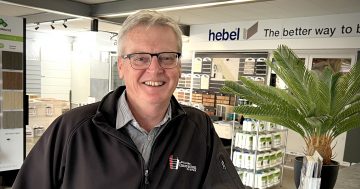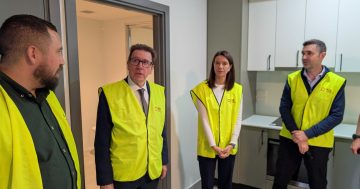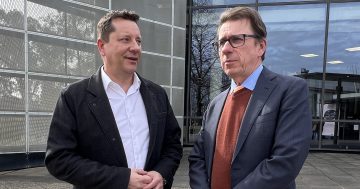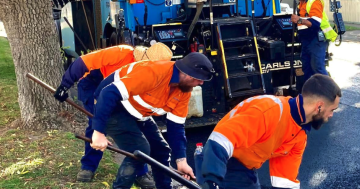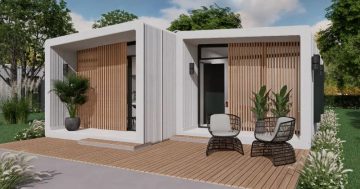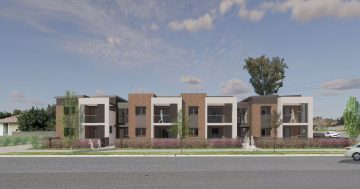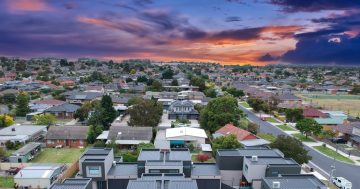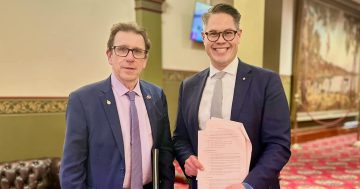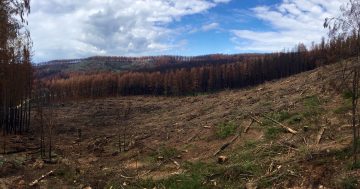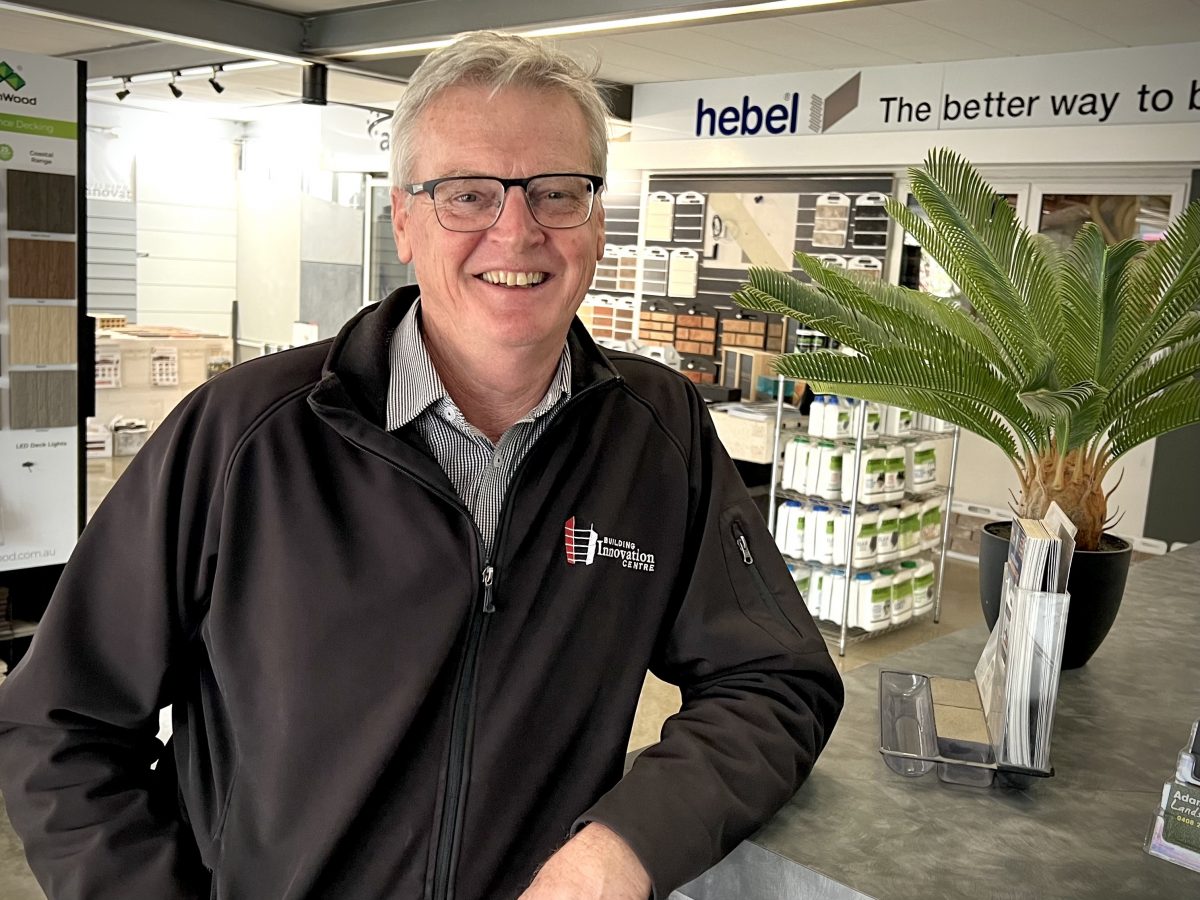
Tony Balding wants governments to streamline the process for housing approvals. Photo: Chris Roe.
According to veteran Wagga builder Tony Balding, governments are doing “absolutely nothing” to make housing more affordable.
The long-term chairman of the Housing Industry Association explained that the industry was finding itself tangled in red tape as it sought solutions to the housing crisis.
“People have got good intentions of implementing changes, but every time there’s a change, it’s usually a cost-plus to the housing industry,” he said.
“In the last 15 or 20 years, I cannot recall one piece of legislation that has reduced the cost of housing.”
Advocates want all three levels of government to simplify their processes to better enable construction to meet the growing demand.
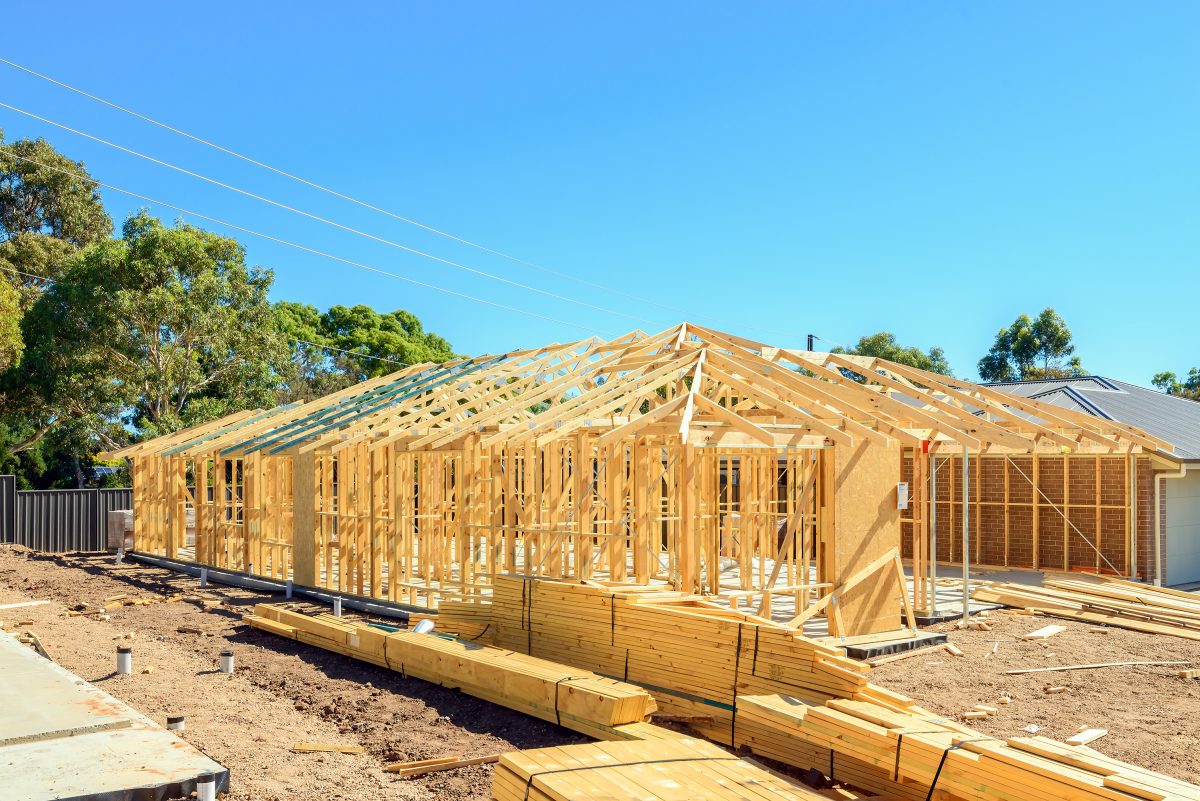
Housing supply remains a critical issue in regional NSW. Photo: File.
Mr Balding pointed to the successful implementation of the Special Activation Precincts (SAP), like the one at Bomen, that streamlined the planning and approval processes and had seen an industrial boom in Wagga’s north.
“I think that the SAP program is a great thing for Wagga, but what should have been established at the same time as we established this opportunity for industry, was the same SAP approach to residential housing,” he said, pointing out that the locations for two new residential developments had been identified and awaited a thumbs up from the government.
“We talk about a gateway determination (NSW Government review of the planning proposal) and trying to accelerate those processes, well, now is the time and there’s infrastructure funding out there at the moment.
“If the state government want to back up their significant investment in the SAP, I think that’d be a pretty good avenue to support the housing growth that’s needed to make that work.”
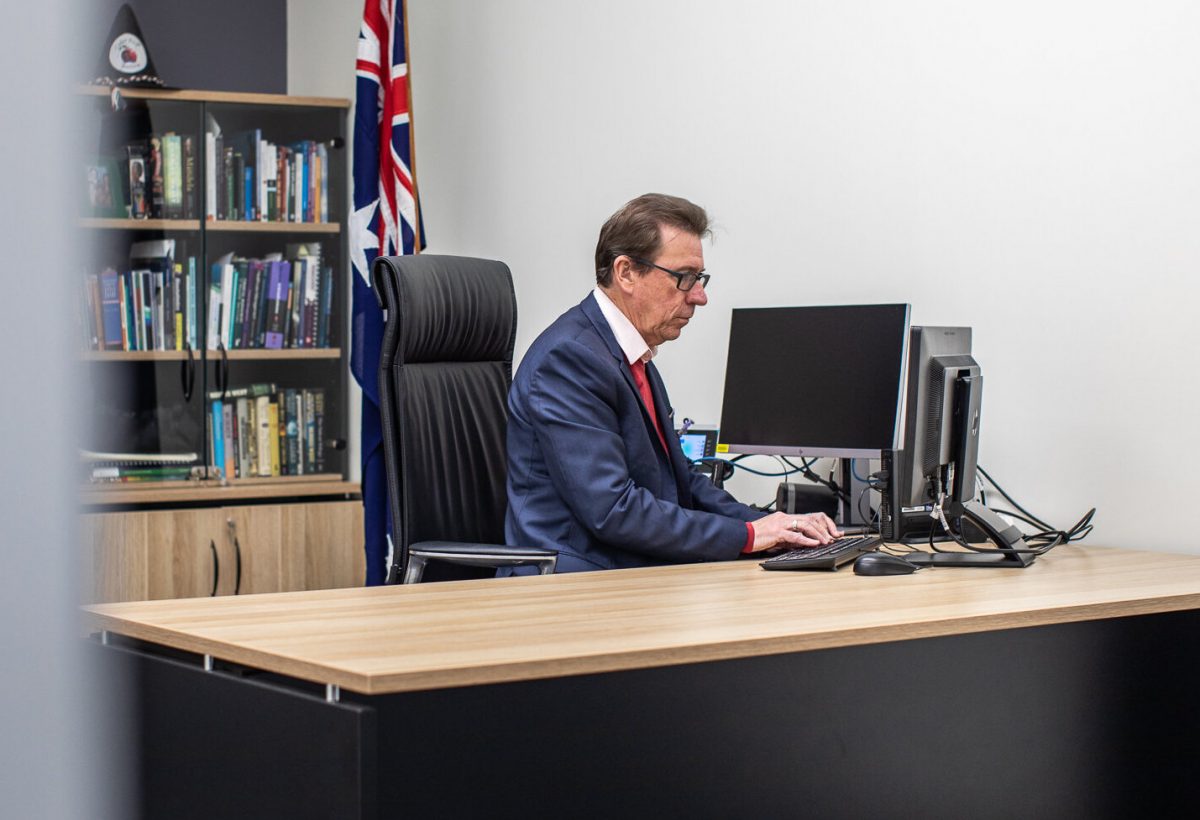
Dr Joe McGirr says the future of our region is at stake. Photo: Supplied.
Wagga’s Independent MP Dr Joe McGirr is also pushing for urgent investment in regional housing.
In an address to parliament on health and housing last month he declared that “the future of our region is at stake”.
“We must remove the unnecessary barriers we have to building. The booming infrastructure projects in our region will put even more pressure on housing supply,” he said.
Dr McGirr called for a broad approach that would deliver housing security across the spectrum of the community.
“The people of my electorate have been extremely concerned with the rising levels of homelessness, the cost of rentals, the difficulties of finding accommodation and the struggle for many — including young people and older singles — to finance a home,” he said, suggesting that a lack of social housing was at the heart of the issue.
“The total number of social housing properties in Wagga Wagga has gone from 1314 in 2011 to 1197 in 2019, a drop of nearly nine per cent when the population has increased by 10 per cent.”
In particular, he wants to see urgent investment in the Tolland Renewal Project that would see a street-by-street replacement of the existing housing precinct with a diverse range of options.
Mr Balding agreed that the Tolland project was an excellent example and should be a priority.
But he warned that managing these projects became a complex shuffle as families would need to relocate during construction.
“There’s maybe 240 people in that area that have to go somewhere and, even if it’s staged – which it will be, there needs to be that supply of land existing to move those families into.
“Eventually there will be an additional supply of houses, but that’s going to take some time.”
With housing sure to be on voters’ minds in next year’s state election, Mr Balding added that it would be interesting to see how things played out.
“As far as the building industry and the money invested into social housing, I think that Labor’s proven in the years that they’ve put more money into social housing,” he said.
“That’s really where Wagga’s at at the moment, but I know our current elected member’s well aware of those things and is working towards that as well.”







